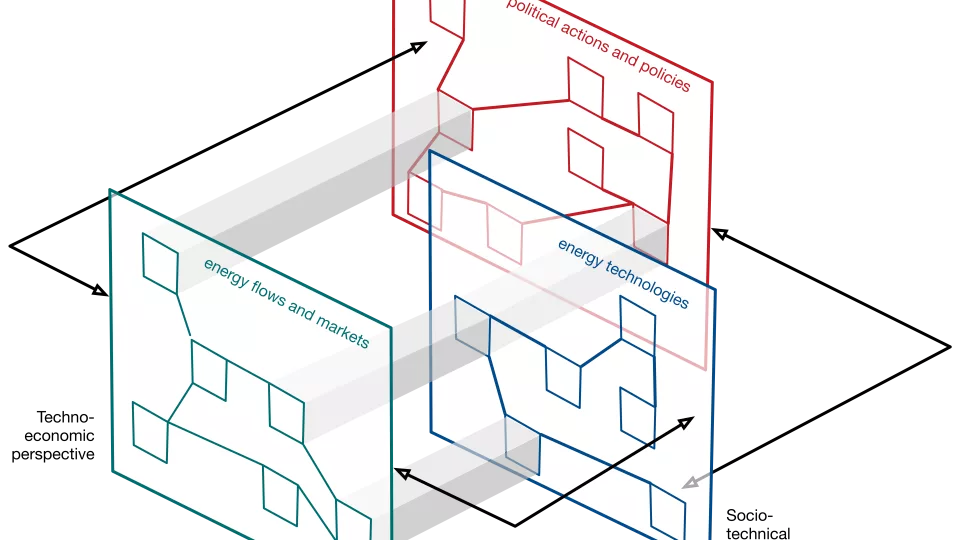This new paper presents a framework to help a dialogue of energy economists, sociologists of technology and political scientists to meaningfully discuss national energy transitions.
Cherp, Aleh, Vadim Vinichenko, Jessica Jewell, Elina Brutschin, and Benjamin K Sovacool. 2018. "Integrating Techno-Economic, Socio-Technical and Political Perspectives on National Energy Transitions: a Meta-Theoretical Framework". Energy Research & Social Science 37.: 175–90. doi:10.1016/j.erss.2017.09.015.
Abstract
Among diverse factors shaping energy transitions, economic development, technological innovation, and policy change are especially prominent. Therefore explaining energy transitions requires combining insights from disciplines focusing on these factors. The existing literature is not consistent in identifying these disciplines nor proposing how they can be combined. We conceptualize national energy transitions as a co-evolution of three types of systems: energy flows and markets, energy technologies, and energy-related policies. The focus on the three types of systems gives rise to three perspectives on national energy transitions: techno-economic with its roots in energy systems analysis and various domains of economics; socio-technical with its roots in sociology of technology, STS, and evolutionary economics; and political with its roots in political science. We use the three perspectives as an organizing principle to propose a meta-theoretical framework for analyzing national energy transitions. Following Elinor Ostrom's approach, the proposed framework explains national energy transitions through a nested conceptual map of variables and theories. In comparison with the existing meta-theoretical literature, the three perspectives framework elevates the role of political science since policies are likely to be increasingly prominent in shaping 21st century energy transitions.


